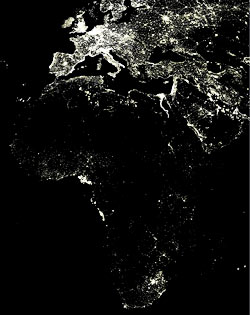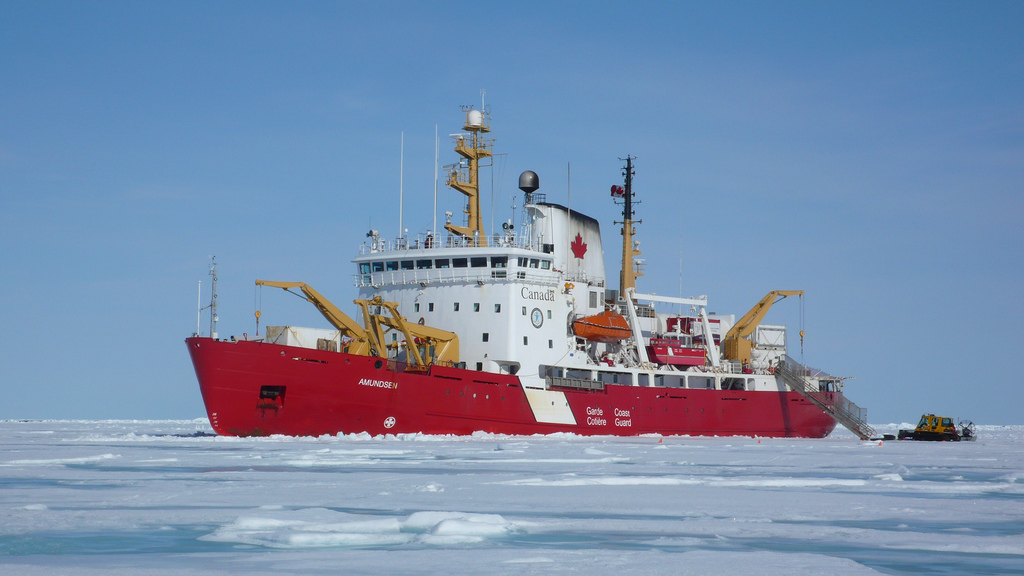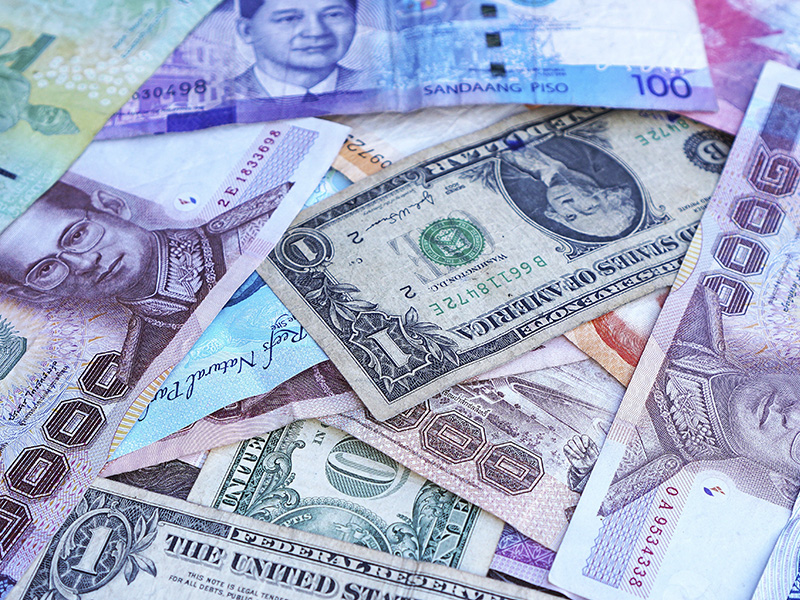Whether at home or at work, many of us might not think twice when it comes to turning on the lights or using anything that requires electricity. We microwave our food, keep our cords plugged in without use, and keep our lights on most hours of the day without any worry of the power being turned off at any random time. However, once in a while, the power goes off due to major weather issues that disrupts the power line or similar problems and most people might panic for not having electricity for a couple of hours. Well, imagine living with little to no electricity at all. In many Sub-Saharan countries of Africa, electricity is not only scarce, but many of the countries experience blackouts where power is controlled regardless of the continent being well endowed with fossil fuels and renewable resources. This means that in many cases, families and individuals are living with little to no electricity each day. Most rural areas have no access to electricity. Research shows that in Sub-Saharan Africa, just one person in five has access to electricity. If this continues, fewer than 40 percent of African countries will reach universal access to electricity by 2050.
[captionpix align=”right” theme=”elegant” width=”350″ imgsrc=”http://natoassociation.ca/wp-content/uploads/2013/10/light.jpg” captiontext=”Electricity is limited mostly in rural areas of Africa”]
Power Shedding:
“Shedding” occurs when the main electricity company a country load management exercises in which electricity is turned off due to a shortage of gas. Communities experience the power outage for numerous hours of the days without their control. While this exercise may affect most of the country, there is an uneven distribution of electricity. Poorer communities have a disadvantage because they are affected the most due to neglect. The World Bank argues that power shortages can affect Africa’s long term economy. It also estimated that the cost to the economy of load-shedding is equivalent to 2.1 percent of GDP on average. The World Bank provided that the Key Issues in Africa’s Energy Sector are as follows:
- Low access and insufficient capacity – Some 24 percent of the population of sub-Saharan Africa has access to electricity versus 40 percent in other low income countries. Excluding South Africa, the entire installed generation capacity of sub-Saharan Africa is only 28 Gigawatts, equivalent to that of Argentina.
- Poor reliability – African manufacturing enterprises experience power outages on average 56 days per year. As a result, firms lose 6 percent of sales revenues in the informal sector. Where back-up generation is limited, losses can be as high as 20 percent
- High costs – Power tariffs in most parts of the developing world fall in the range of US$0.04 to US$0.08 per kilowatt-hour. However, in Sub-Saharan Africa, the average tariff is US$0.13 per kilowatt-hour. In countries dependent on diesel-based systems, tariffs are higher still. Given poor reliability, many firms operate their own diesel generators at two to three times the cost with attendant environmental costs.
[captionpix align=”center” theme=”elegant” width=”450″ imgsrc=”http://natoassociation.ca/wp-content/uploads/2013/10/power-supply-africa.jpg” captiontext=”This illustration demonstrates the main causes or triggers for power shortages”]
The electricity shortages are argued to be caused by firstly, the rising costs of oil and coal that are creating upward pricing pressure and secondly because of the higher prices for commodities such as gold, diamonds, platinum and other metals that led to an increase in electricity demand in many energy-intensive mining operations countries within Sub-Saharan Africa. For instance, some countries like Ghana and Senegal rely on imported oil and natural gas to fuel their power plants. Consequently, there is a rising problem of being unable to pay growing bills. An independent energy consultant, Mohamadou Diop, of Dakar, Senegal commented that the government “doesn’t have a penny to invest in the energy sector.” This causes electricity costs to continue to rise for consumers. Most of Africa remains dependent on Hydro power. One third of its electricity is generated from hydropower. Just this August, the World Bank approved a $340million for the financing of the Regional Rusumo Falls hydroelectric project that would provide electricity for 62 million people living in Rwanda, Burundi and Tanzania. This project is intended to “reduce electricity costs, promote renewable power, spur job-led economic development and pave the way for more dynamic regional cooperation, peace and stability among the countries of the Nile Equatorial Lakes (NEL) sub-region in east Africa. ” This experience of electricity shortage is nothing unusual. African economies are gradually declining because of the shortages and access to electricity is diminishing. Africa will indeed remain to be the ‘Dark Continent’ if power shortages continue and this will consequently put a brake onto its development. The energy sector is an important part of the economic growth, hence remedies must besought African governments must look for alternative sources for the electrification of their countries, which could include the improvement of power lines, and better use of remaining resources. What is of core importance is sustaining and improving the energy sector not only for developmental purposes, but for the improvement of the quality of life.




